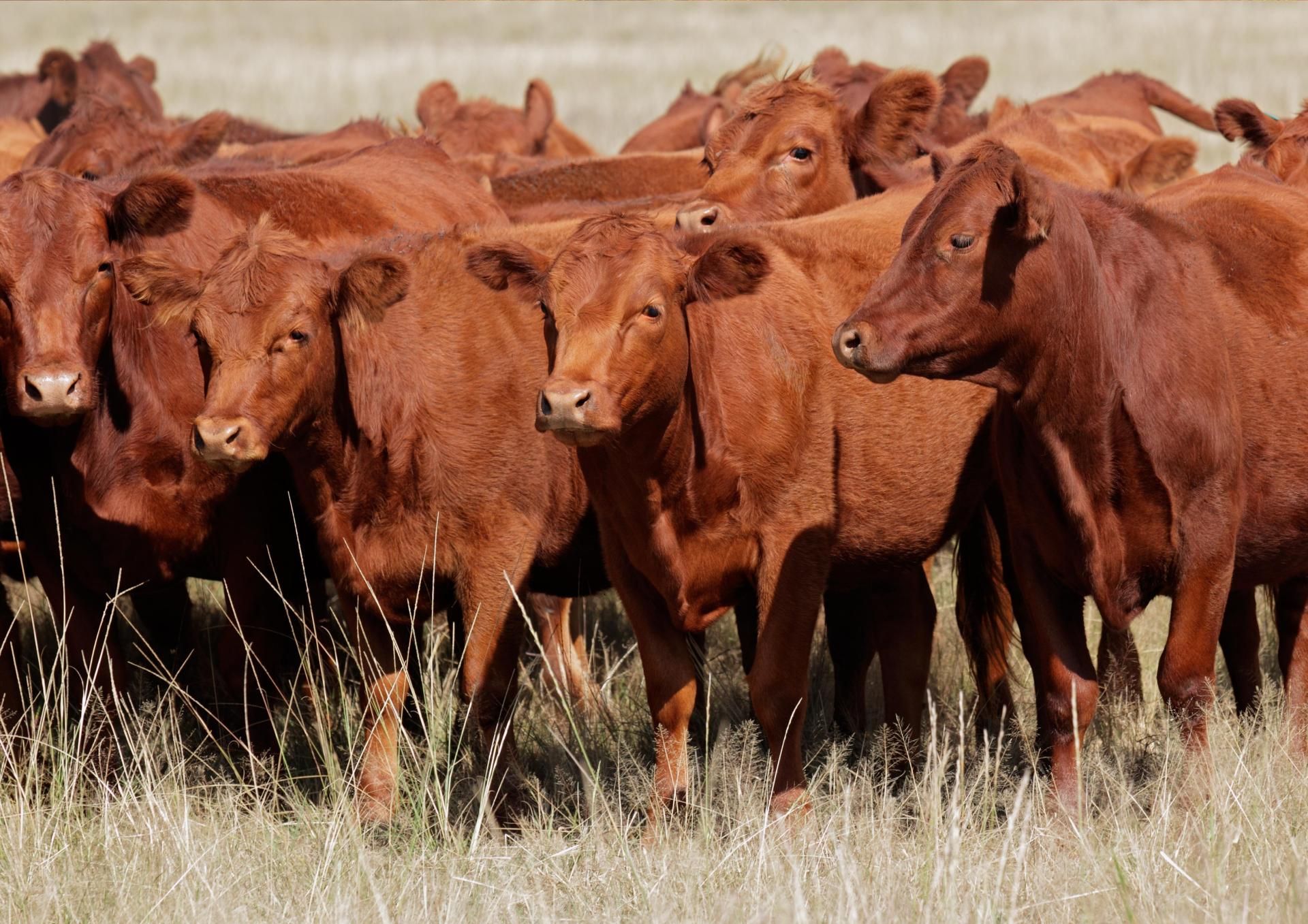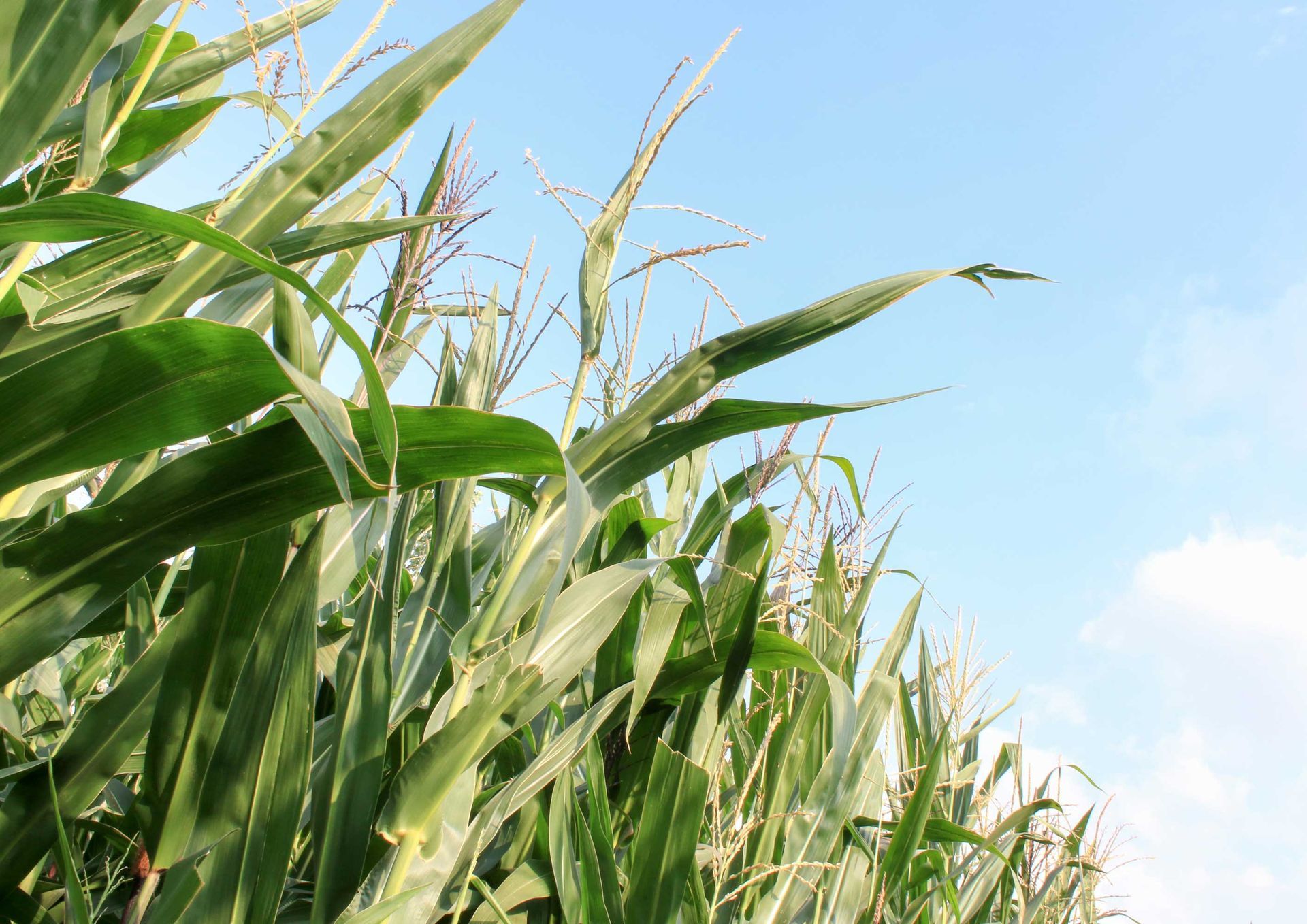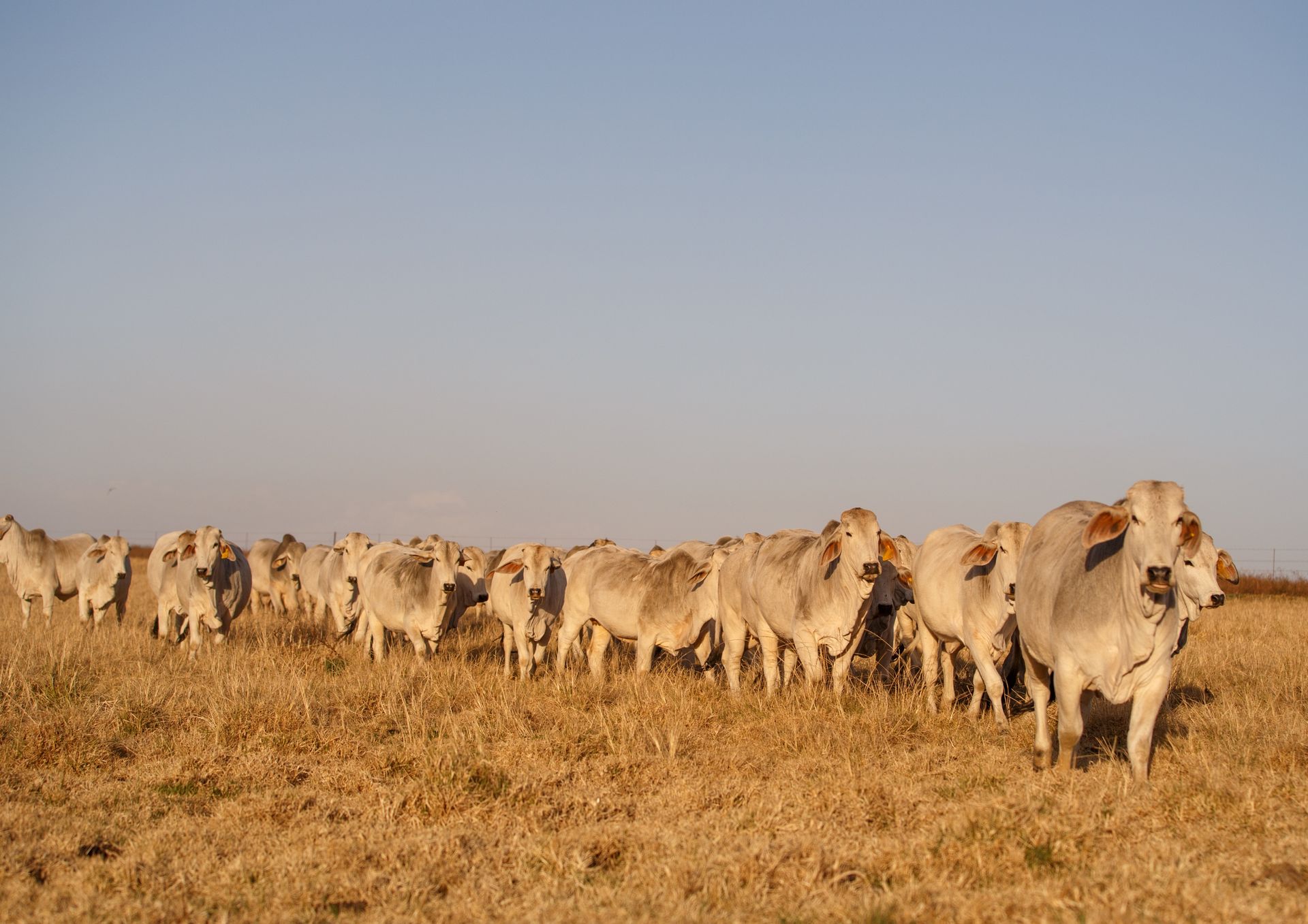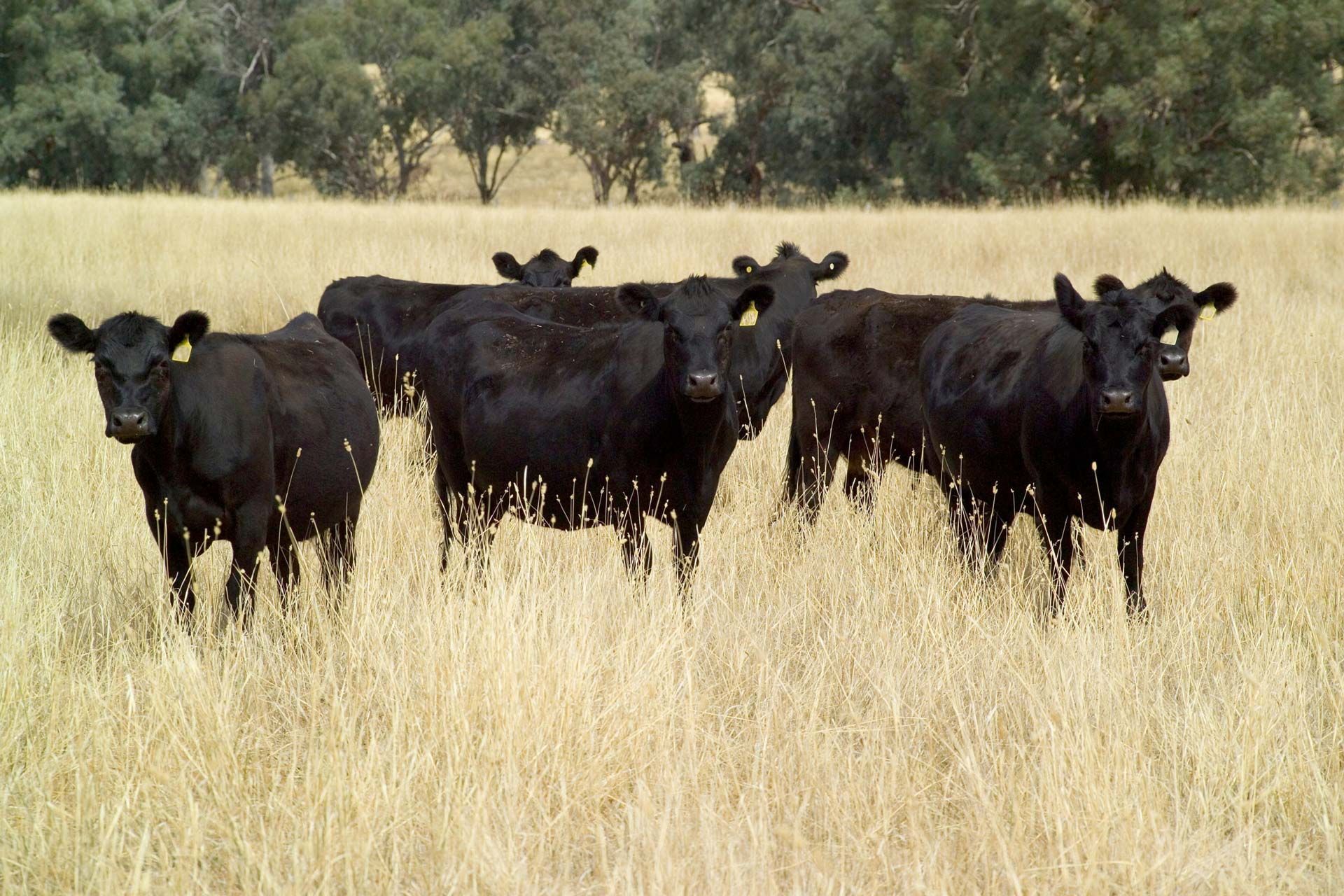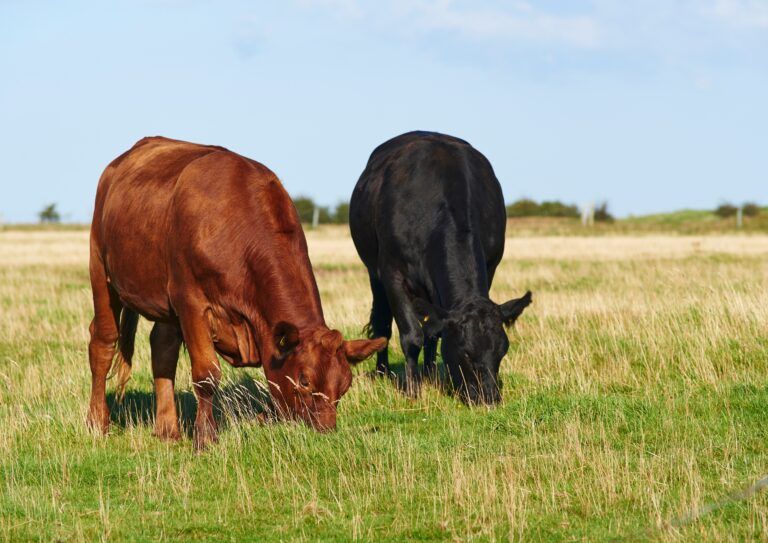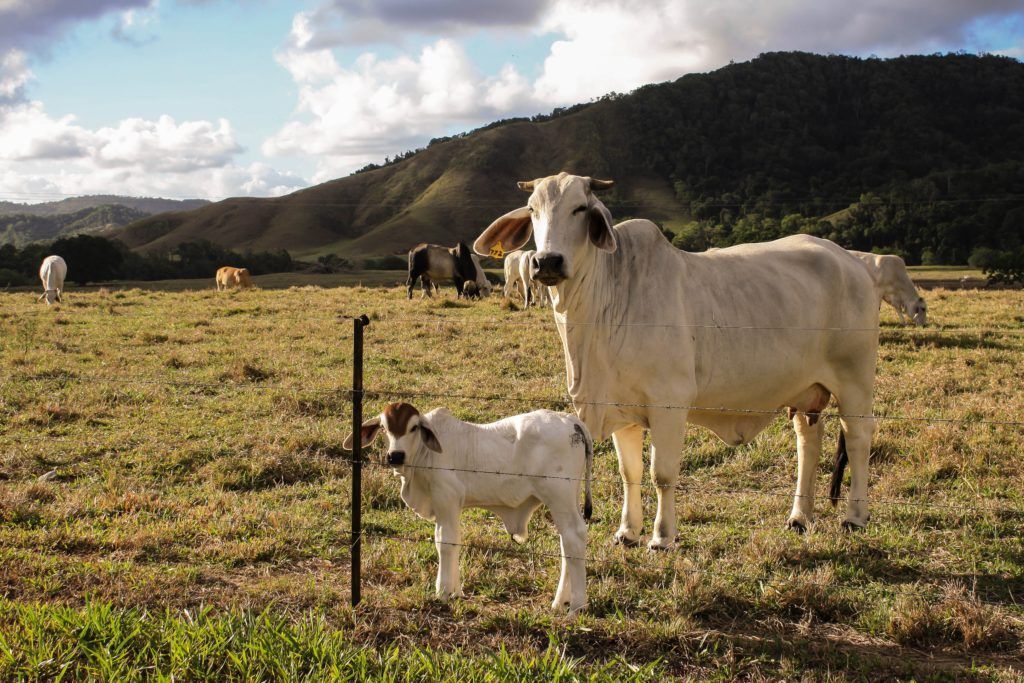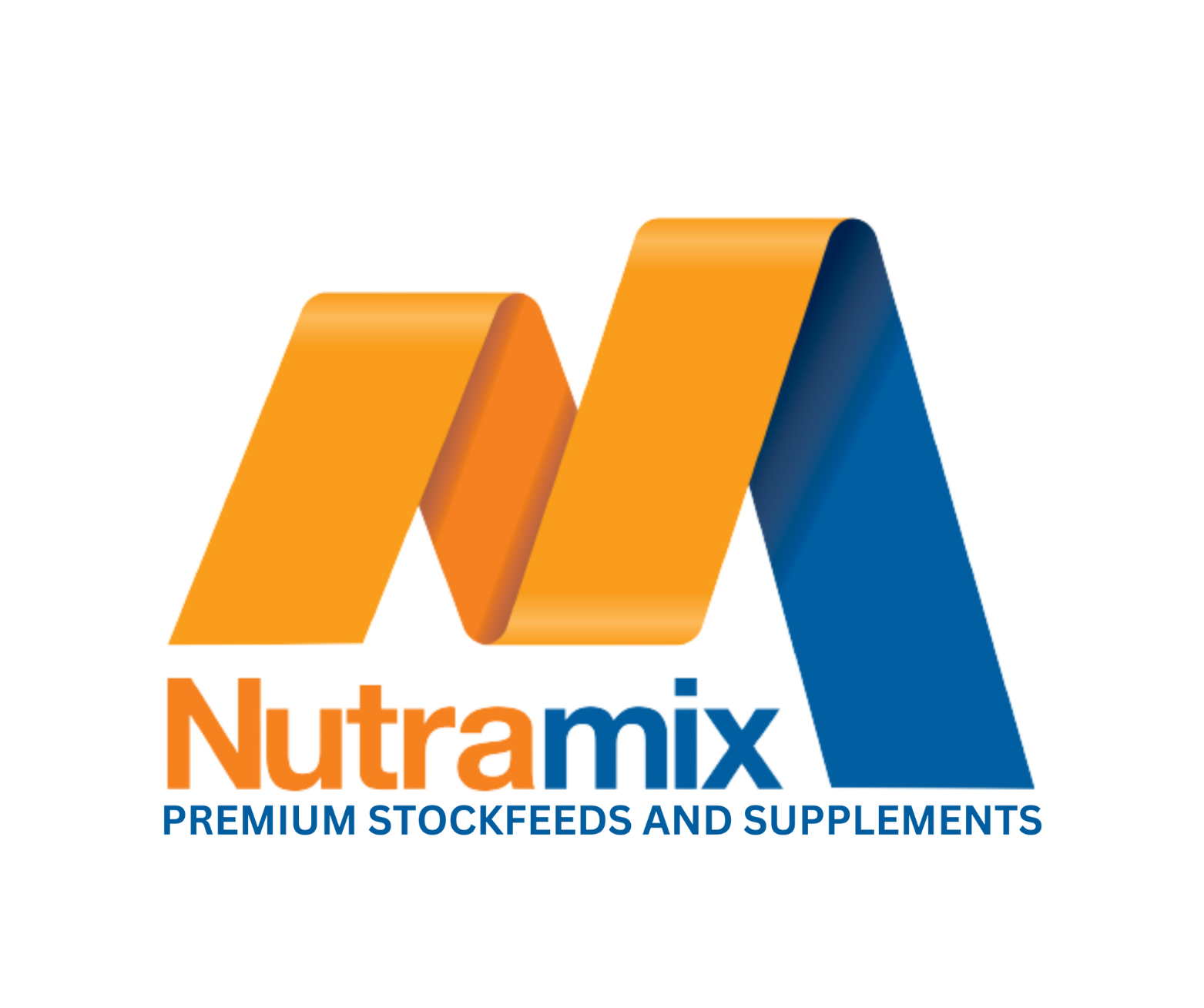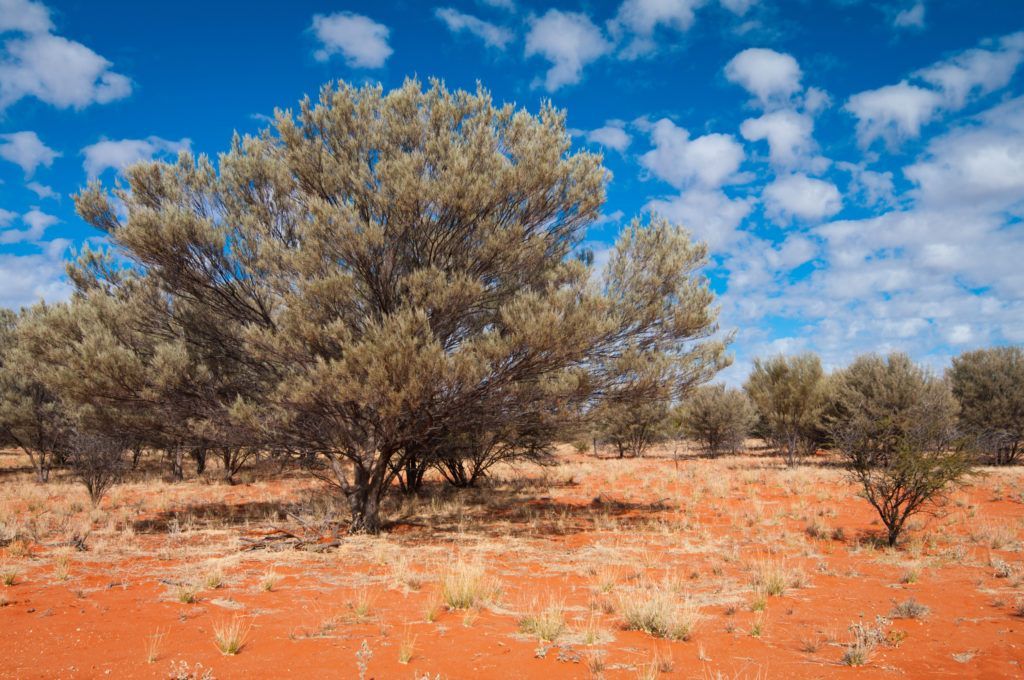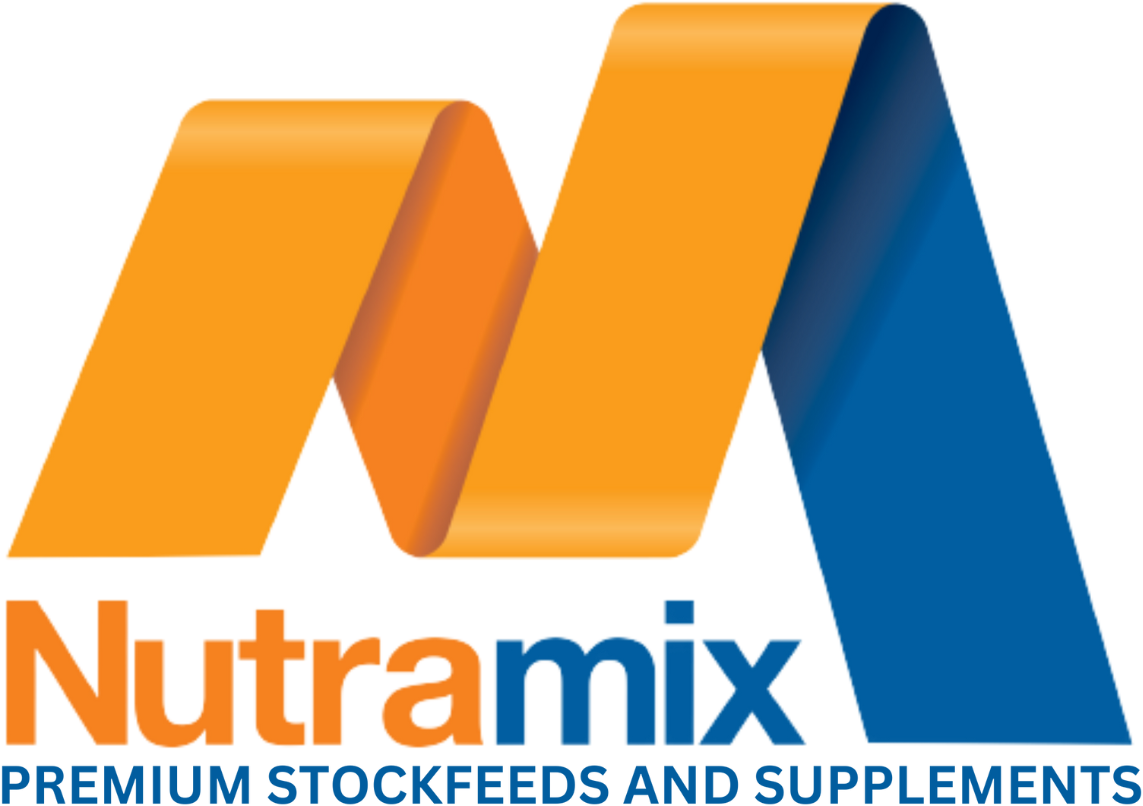Mulga Supplementation
Mulga provides a valuable feed source for stock, particularly through dry periods or drought. Mulga land types extend over areas of New South Wales and Queensland rangelands covering an impressive 20% of Australia’s landmass. Mulga provides supplementary feed to low quality pasture due to the mulga leaf retaining its nutritive value where grasses energy and protein level decline as they mature and die off. It is always important to consider the nutritional requirements for your stock and how to best meet these requirements.
Important considerations when feeding mulga are the common deficiencies found in the plant and how supplements can counteract these problems and improve production. Stock can do very well on mulga; however, mulga has a low digestibility and much of the protein is bound by tannins.
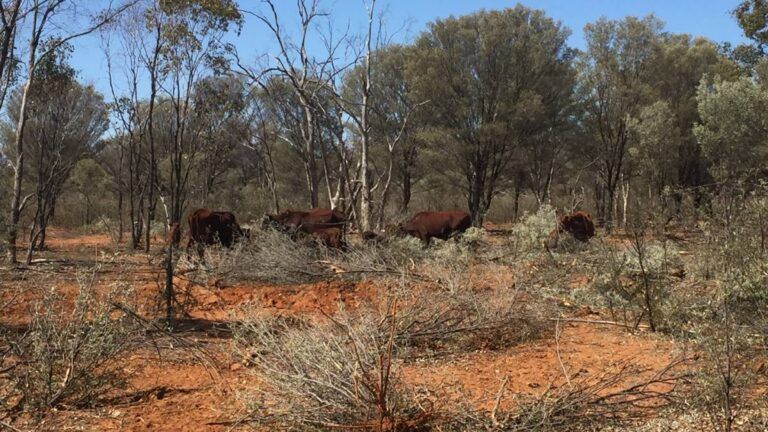
Key Components of Mulga Supplements
- High protein
- Both in the form of Urea and Bypass Protein (protein meals)
- This allows stock to consume more mulga and increase overall protein and energy intake for maintaining weight.
- Appropriate levels of Phosphorous
- Low phosphorous can cause reproductive problems, predispose stock to botulism and also decrease overall intake and productivity of a herd.
- Appropriate levels of sulphur
- Sulphur is important for both digesting urea and utilising protein and for breaking down condensed tannins to allows animals more access to protein.
- Balanced Nutrients
- Balanced nutrients are very important mineral interaction and absorption. Vitamins are also important, particularly when experiencing long dry periods.
Due to the importance of mulga as fodder for sheep and cattle, considerable research into how producers can successfully feed mulga and overcome the dietary limitations has occurred over the past decades.
Mulga has a high protein level, 10-14%. This protein level, during dry periods when pasture is mature and low quality is a great resource. It is however, as mentioned previously, bound by tannins which drop the digestibility of the forage to 35-40%. These tannins are also responsible for binding much of the protein found in Mulga. Sulphur supplementation is a great way to help cattle break down the tannins binding the protein and increase production off mulga scrub diets.
Nutramix dry lick supplements aim to correct the mulga feed’s minerals and protein content deficiencies and fast the passage rate through the rumen. Nutramix can custom make your supplements to meet the needs of your land, stock, season, and favourite outcomes. If you would like to learn more about Nutramix supplements range, please get in touch with our friendly staff today.

